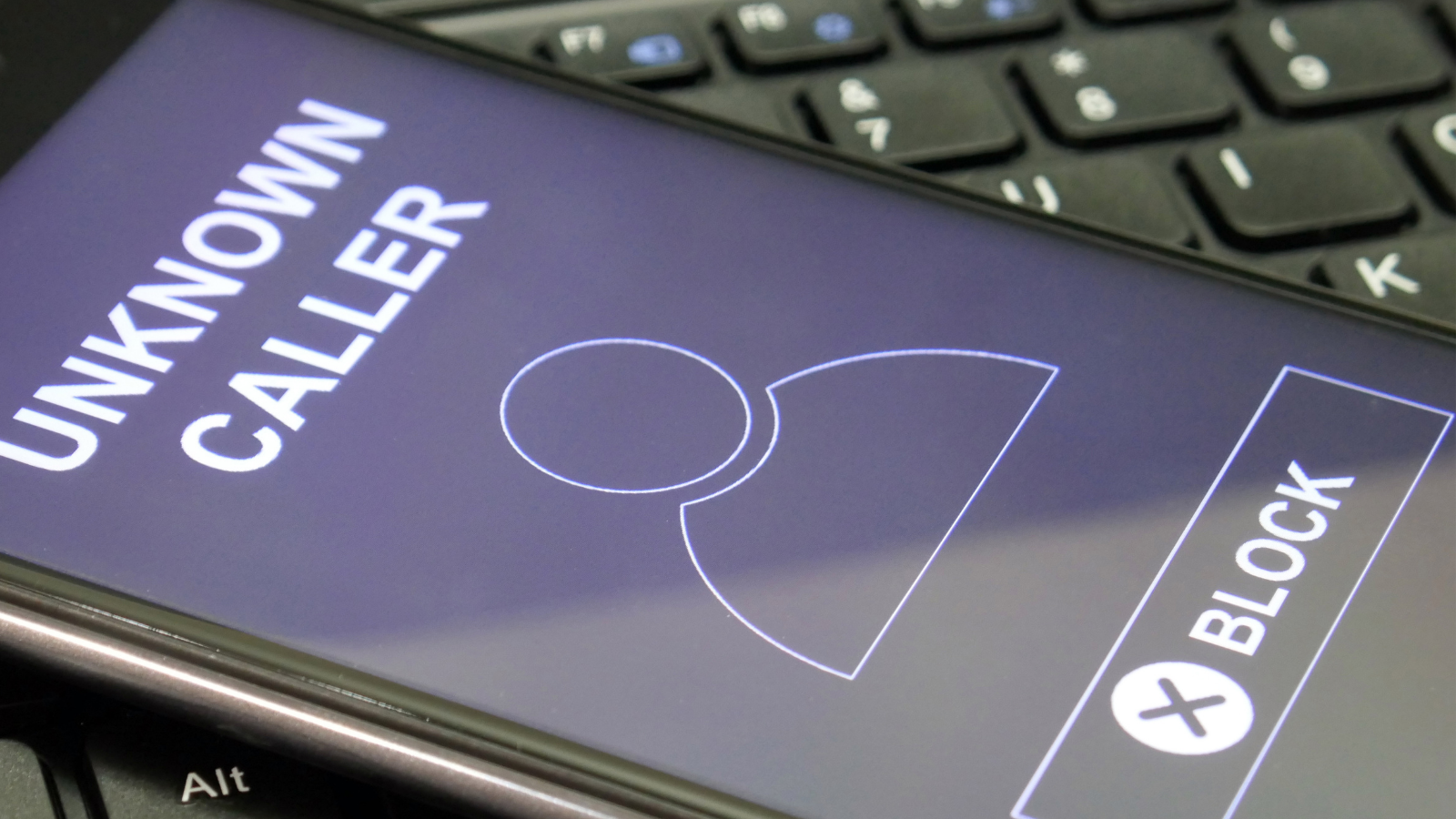
We get way too many spam calls. In fact, over 70% of spam calls received each month are robocalls. Sound excessive? That’s because it is. Americans saw a significant increase of unwanted calls in 2018 (39%) compared to 2017.
So what exactly is a robocall?
Robocalls, according to the Federal Communications Commission (FCC), are calls made with an autodialer or contain a prerecorded message or artificial voice. Although we can be swamped by unwanted calls, many of them are actually legal or helpful to the recipient. Examples of good robocalls may include pharmacy updates or school closure alerts. Some telemarketing calls may also be legal and abide by the Federal Trade Commission’s (FTC) rules.
Fraudulent robocalls, however, are calls placed by scammers pretending to be from government agencies, banks, or healthcare providers that try to convince the recipient that they owe money.
Why is it so difficult to prevent robocalls?
The internet makes it easy for robocallers to call thousands of phones simultaneously and manipulate caller ID information to trick recipients into thinking they are getting a local call. Instead of one phone line calling another, Voice over Internet Protocol (VoIP) makes it possible for scammers to dial multiple numbers.
Adding complexity to identifying illegal callers, many scam calls originate from other countries. This makes it challenging for U.S. government agencies to take legal action because they may not have the authority to do so. Additionally, until recently the FCC required that all calls be connected to recipients; therefore, spam calls would also have to be completed as dialed to the end-user. However, the FCC recently voted to allow carriers to block unwanted robocalls calls automatically for all consumers.
What’s Next?
In 2019 Congress, the FTC, the FCC, and the wireless industry worked in alignment on preventing unwanted robocalls with regulations such as a new caller identification system known as SHAKEN/STIR and the TRACED ACT, which makes it easier for phone companies to use anti-robocall technologies.
ACTwireless is committed to keeping you up to date on your wireless experience. Read on to learn how caller ID authentication can help stop robocalls.